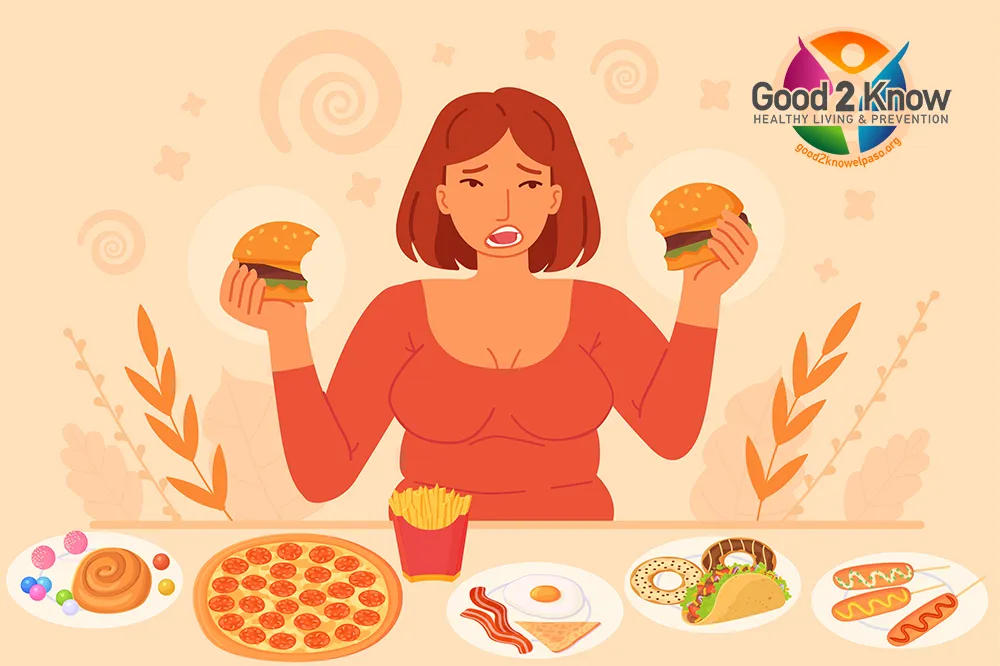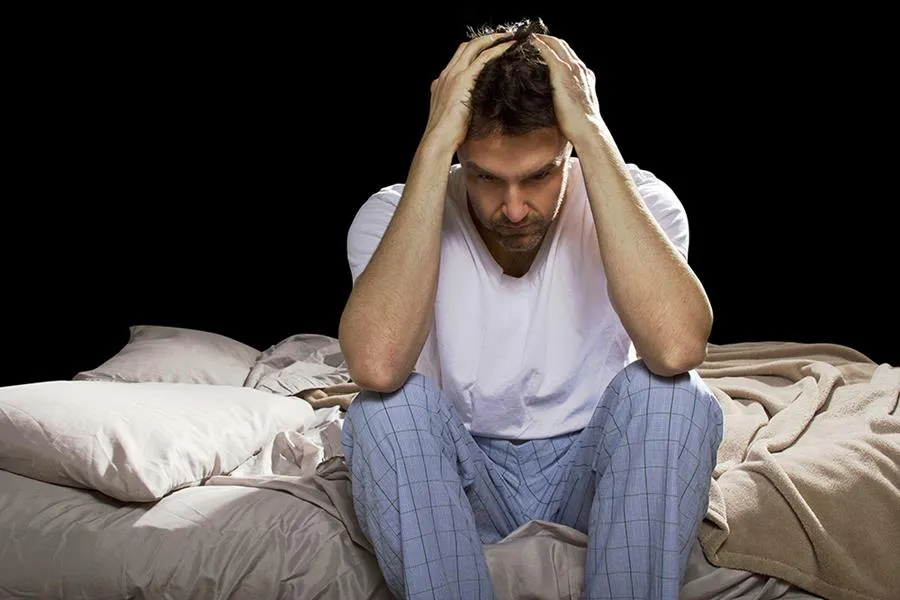Having any form of arthritis — osteoarthritis (OA), rheumatoid arthritis (RA), psoriatic arthritis (PsA), juvenile arthritis, lupus, ankylosing spondylitis, gout, fibromyalgia or related conditions — can have a negative effect on your mental health. This most commonly manifests as depression or anxiety. It works the other way around, too.
Mental health problems can worsen arthritis symptoms.
Studies also show that anxiety and depression can lower your pain threshold. And then the chronic pain aggravates your anxiety and depression. Furthermore, people with arthritis and depression tend to have more functional limitations, are less likely to adhere to their treatment regimens, and have increased odds of developing other health problems. The vicious cycle of pain, poor health and negative mood can significantly change the course and management of your arthritis.
Living with daily pain is physically and emotionally stressful. Chronic stress is known to change your levels of brain and nervous system chemicals. These stress hormones and neurochemicals — like cortisol, serotonin and norepinephrine — affect your mood, thinking and behavior. Disrupting your body’s balance of these chemicals can bring on depression in some people.
Depression weakens a person’s ability to deal and cope with pain. A person’s perception about their condition, for example back pain, might become more negative when compared with individuals who are not depressed.
Remember to talk to your doctor about your emotional well-being when also discussing your physical issues – especially related to chronic pain.
Know more: https://www.arthritis.org/health-wellness/healthy-living/emotional-well-being/anxiety-depression/arthritis-and-mental-health










